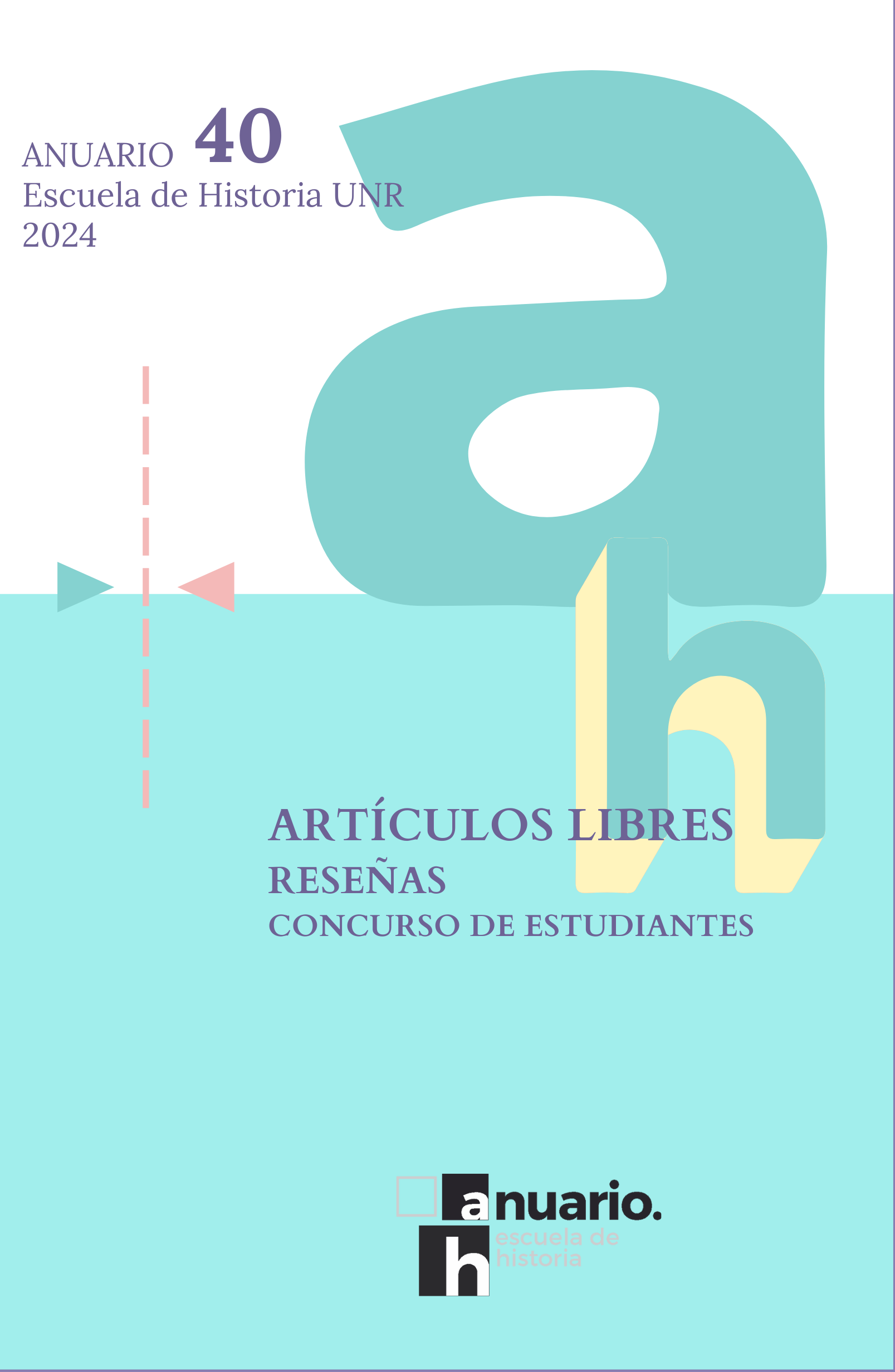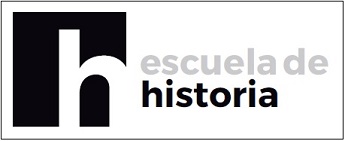The resignations of professors in Filosofía y Letras in 1966 and 1975. Keys for a comparative analysis
DOI:
https://doi.org/10.35305/aeh.vi40.431Abstract
The coup and the intervention at the universities in 1966 provoked different gestures of resistance from authorities, teachers and the student movement; however within the teaching staff no action reached the degree of projection that the resignations had. Nor persistence in university memory. In the span of just over a month since the intervention, the Faculty of Philosophy and Letters (FFyL) of the UNL (today Humanities and Arts of the UNR) was dismantled of professors and assistants. This was due to the fact that a significant number took the path of resignation as a form of protest. They publicly stated their reasons through documents and requested in the media. Just nine years later, in October 1975, a group of FFyL teachers were threatened with death by Triple A and forced to leave the university. Some of these professors had been resignations from '66. They resigned individually and left not only the university but the city and in other cases the country. The purpose of this article is to examine in detail and in a comparative way these two junctures of university life, taking as an axis of analysis the resignations of professors from the Faculty of Philosophy and Letters (UNL-UNR) in 1966 and 1975.Downloads
Published
How to Cite
Issue
Section
License

This work is licensed under a Creative Commons Attribution-NonCommercial-ShareAlike 4.0 International License.
Los autores que publican en esta revista están de acuerdo con los siguientes términos:
Al momento de enviar sus contribuciones, los colaboradores deberán autorizar su publicación conservando los derechos de autoría, y transfiriendo a la revista todos los derechos protegidos por las leyes de propiedad intelectual que rigen en Argentina, que implican la edición para difundir la obra en soporte digital en que se aloja la revista. Deberán declarar que poseen el permiso del archivo o repositorio donde se obtuvieron los documentos que se anexan al trabajo, cualquiera sea su formato (manuscritos inéditos, imágenes, archivos audiovisuales, etc.), permiso que los autoriza a publicarlos y reproducirlos, liberando a la revista y sus editores de toda responsabilidad o reclamo de terceros.
Asimismo, los autores deben adherir a la licencia Creative Commons denominada “Reconocimiento - No Comercial- Compartir Igual CC BY-NC-SA”, mediante la cual el autor permite copiar, reproducir, distribuir, comunicar públicamente la obra y generar obras derivadas, siempre y cuando se cite y reconozca al autor original. No se permite, sin embargo, utilizar la obra con fines comerciales. Los autores podrán establecer acuerdos adicionales para la distribución no exclusiva de la versión de la obra publicada en la revista (por ejemplo, situarlo en un repositorio institucional o publicarlo en un libro), con el reconocimiento de haber sido publicado primero en esta revista.



.png)







1.jpg)
.png)














1.png)
